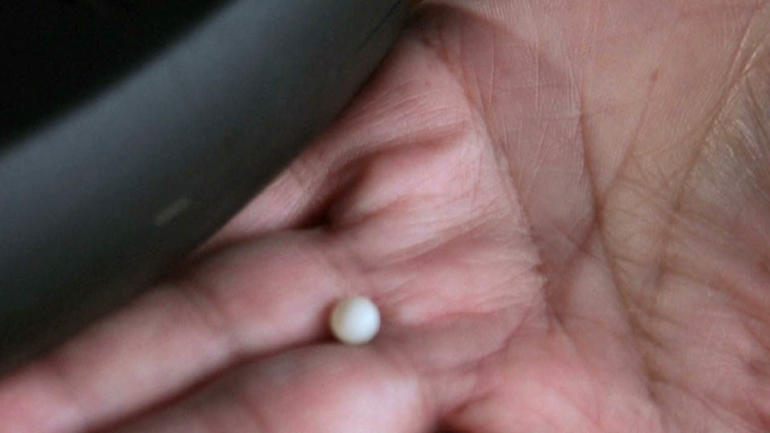It was once the pride of Hong Kong — pearl farming. Environmental and man-made forces have pushed the industry into virtual extinction.
One man is determined to change that — with some help from technology.
CGTN’s Frances Kuo has more.
Hong Kong is known as the Pearl of the Orient for good reason. It’s a place with a rich history of pearl fishing dating back a thousand years.
But times have changed – Hong Kong’s last pearl farm shut down in 1981.
Overfishing of the Pearl River – and stiff competition elsewhere – have devastated the industry and the livelihoods of fishermen.
Yan Wa-Tat is trying to turn this around. The former investment banker decided to switch careers to do something more productive for society.
So he became a scientist, studying at the University of Hong Kong, to devote himself to reviving the pearl industry.
“Well, if I can show to the fishermen that they can make a living or some money that can diversify their income sources, then I think they will be interested in doing this (pearl cultivation),” said Yan.
Yan farms pearl oysters, a practice that requires patience. Cultured pearls take about a year to form.
As part of the process, Yan has to meticulously scrape away barnacles that compete with the oysters for food. Yan also uses cutting-edge technology.
He inserts a chip inside an oyster’s nucleus around which a pearl typically grows. The chips are similar to those used in mobile phones and ID badges. They allow farmers to monitor if a pearl is properly forming inside.
“The problem is that you don’t know whether they will stay inside the oyster until the moment you harvest it,” said Yan. “So there is uncertainty for them, for pearl farmers, They have to wait 10 or 12 months for harvest to see if there is a pearl inside the oyster.”
And customers benefit too. “With this technology, they can trace whether or not there is a pearl inside the oyster. So it’s quite helpful for them,” said Yan.
A few months ago, a group of farmers – inspired by Yan – successfully harvested some pearls. That was the first time that’s been done in Hong Kong in years.
“I started pearl cultivation to make more money,” said Leung Kam-Ming, a fisherman. “I think pearl farming has a future in Hong Kong.”
Monica Medina discusses the effects of climate change on China’s coastal industries
CGTN’s Mike Walter talks with Monica Medina, CEO of e-newsletter Our Daily Planet, about the effects of climate change on China’s coastal industries.
 CGTN America
CGTN America

